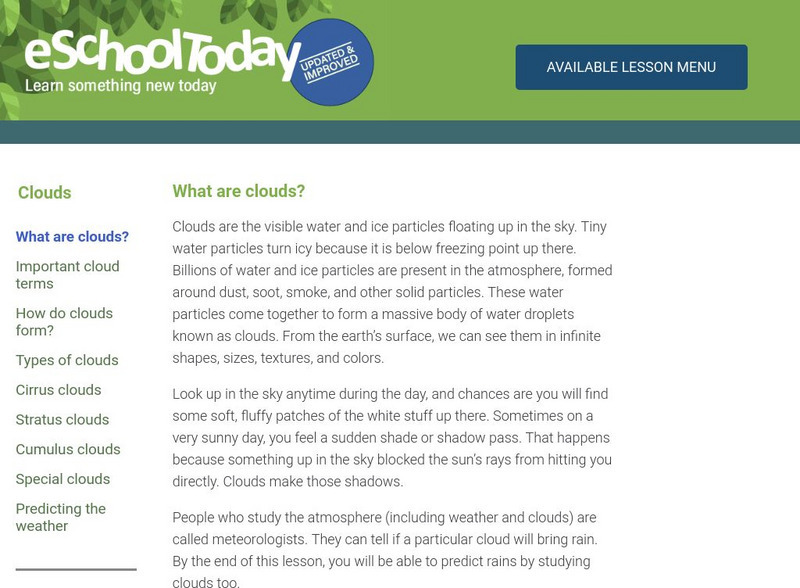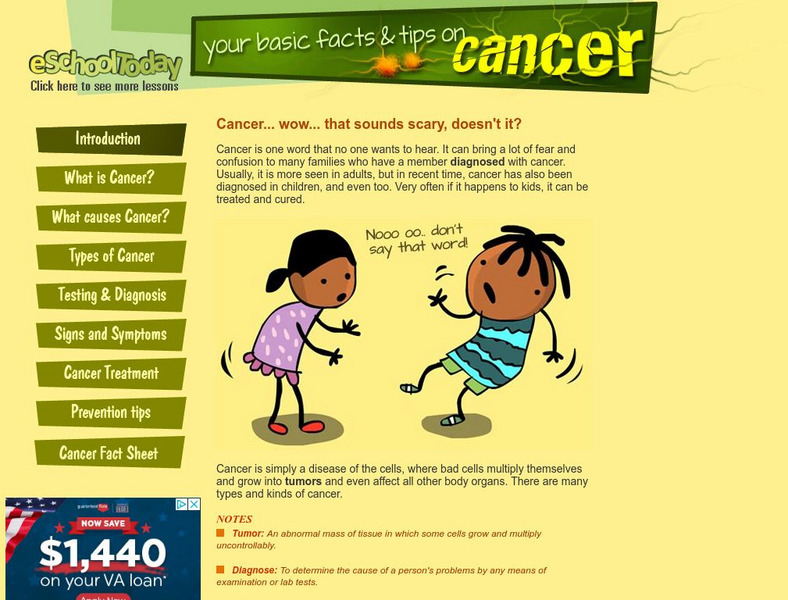Mr. Nussbaum
Alexander Graham Bell
An interactive practice challenges scholars to read an informational text then answer nine questions. The topic of the text is Alexander Graham Bell. Questions are a mix of multiple-choice and fill-in-the-blank.
Mr. Nussbaum
Abigail Adams
Ten multiple-choice questions follow a short informative reading about Abigail Adams. Feedback appears instantly and ends with a detailed report.
Mr. Nussbaum
American Revolution
Test scholar's reading comprehension skills with a practice that challenges pupils to read an informational text about the Amerian Revolution then answer 10 questions.
Library of Congress
Loc: Everyday Mysteries: What Is Gps?
Where are you and where are you going? Visit this site and learn the discovery and purpose of GPS, Global Position Systems.
Chem4kids
Chem4 Kids: Chemistry Careers
Chem4Kids! looks at careers available in the large field of chemistry. Here you can explore the career of a doctor, pharmacist or pharmacologist, university researcher, forensics expert, or hazardous materials expert.
John F. Kennedy Center
The Kennedy Center: Exploring Weather Conditions in Paintings
Enrich your science instructional activity with watercolors! This lesson plan contains assessment criteria, links to more information, and step-by-step ideas to cultivate your young scholars' knowledge about weather conditions.
Houghton Mifflin Harcourt
Harcourt: School Publishers: Introducing President George W. Bush!
Interesting and easy-to-read biography on George W. Bush, the 43rd president of the United States. Written at the time of his first election as president.
National Endowment for the Humanities
Neh: Edsit Ement: Animal Fables and Trickster Tales
Animals and tricksters appear in folk tales from a wide variety of cultures, especially those with strong oral storytelling traditions. Use this lesson plan to introduce young scholars to these characters and the lessons they were used...
National Endowment for the Humanities
Neh: Edsit Ement: Egypt's Pyramids: Monuments With a Message
Take a trip back in time with this exciting lesson plan! Explore the Egyptian pyramids with the wealth of resources presented on this site. Provides links to information, photos, and much more!
National Endowment for the Humanities
Neh: Edsit Ement: I've Just Seen a Face Portraits Lesson Plan
This website contains a lesson plan in which students attempt to analyze different types of portraits for better understanding. It contains 6 different lessons in which students look at examples of portraits of children, important...
National Endowment for the Humanities
Neh: Edsit Ement: Born on a Mountaintop: Davy Crockett, Tall Tales & History
These four lesson plans integrate the life of Davy Crockett and the tall tales that were created about him. Includes a printable rubric, instructional activity extensions, links, and much more!
National Endowment for the Humanities
Neh: Edsit Ement: Storytelling:the Meaning Behind the Mask
In many cultures, masks are used in oral story telling. Many learning activities are described on this site that will help students learn aspects of story telling and the different ways various cultures used masks.
American Chemical Society
Inquiry in Action: Condensation
In this activity, students explore the process of condensation. After seeing water vapor condense, students will help design a test to see if cooling water vapor has an effect on the rate of condensation.
American Chemical Society
Inquiry in Action: Exploring Moisture on the Outside of Cold Cup
In this activity, students investigate how condensation causes moisture to form on the outside of a cold cup. To see if the condensed water vapor comes from the air, students use 2 cold cups, but limit the air around one of them by...
American Chemical Society
Inquiry in Action: Explore Moisture on Outside of a Cold Cup (Dry Environment)
Regardless of the time of year or region of the country students live in, they have likely experienced moisture on the outside of a cold drink or another cold surface. In this activity, students will prepare a sample of humid air since...
American Chemical Society
Inquiry in Action: Defining Density
Do heavy things always sink and light things always float? In this introductory demonstration and activity, students are introduced to the concept of density as they explore a rock and a wooden block in water.
McGraw Hill
Mc Graw Hill Education: Grade 4: Treasures: Practice Book O [Pdf]
Help fourth graders reinforce their understanding of reading skills, vocabulary acquisition, fluency, and phonics with the exercises in this 230-page workbook. This workbook is designed to supplement the stories from Grade 4 Treasures.
McGraw Hill
Mc Graw Hill Education: Grade 4: Treasures: Spelling Practice Book [Pdf]
Help fourth graders reinforce their understanding of spelling skills with exercises in this 200-page workbook. This workbook is designed to supplement the stories from Grade 4 Treasures.
eSchool Today
E School Today: Energy
Explains different kinds of energy, covering kinetic, potential, gravitational, mechanical, sound, thermal, chemical, electrical, and radiant energy. Also looks at storage, transfer, and dissipation of energy. Includes a short...
eSchool Today
E School Today: Your Revision Notes on Clouds
Learn all about clouds, how they form, the different types, and how they can be used to predict the weather.
eSchool Today
E School Today: Your Cool Basics on Forest Preservation
Learn about the different kinds of forests, how forests are structured, their importance, deforestation and its impact, forest degradation, and what individuals can do to protect forests.
eSchool Today
E School Today: Your Cool Facts and Tips on Air Pollution
Looks at air pollution, its causes and impact, common pollutants, and what individuals and governments can do to combat it.
eSchool Today
E School Today: Your Cool Facts and Tips on Light Pollution
What is light pollution and why should we care about it? Learn what it is, the different types, sources of this type of pollution, the impact it has, and ways to combat it.
eSchool Today
E School Today: Your Basic Facts and Tips on Cancer
Explains how cancer develops and spreads, some causes of cancer, different types, how it is diagnosed, signs and symptoms of cancer, treatments, and tips for preventing it.


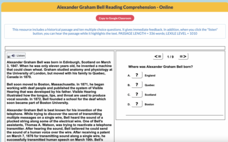
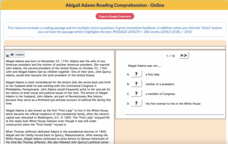
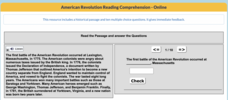




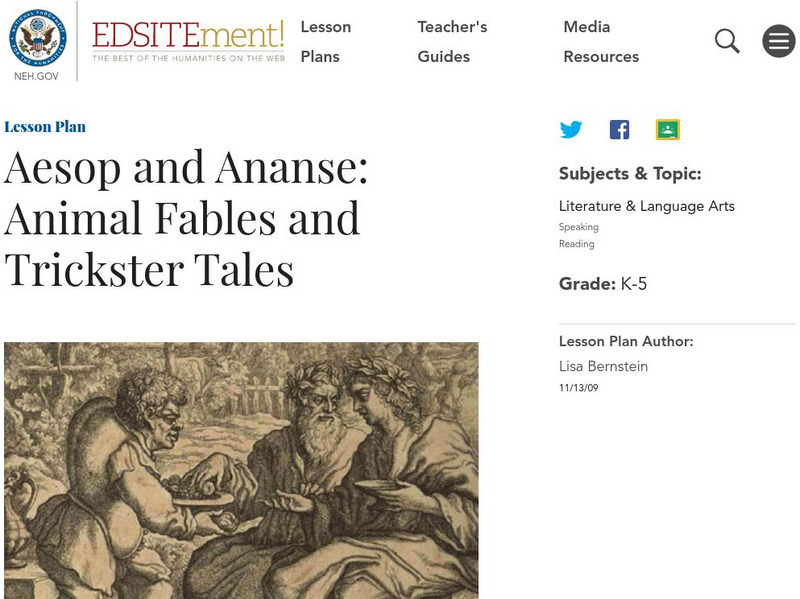




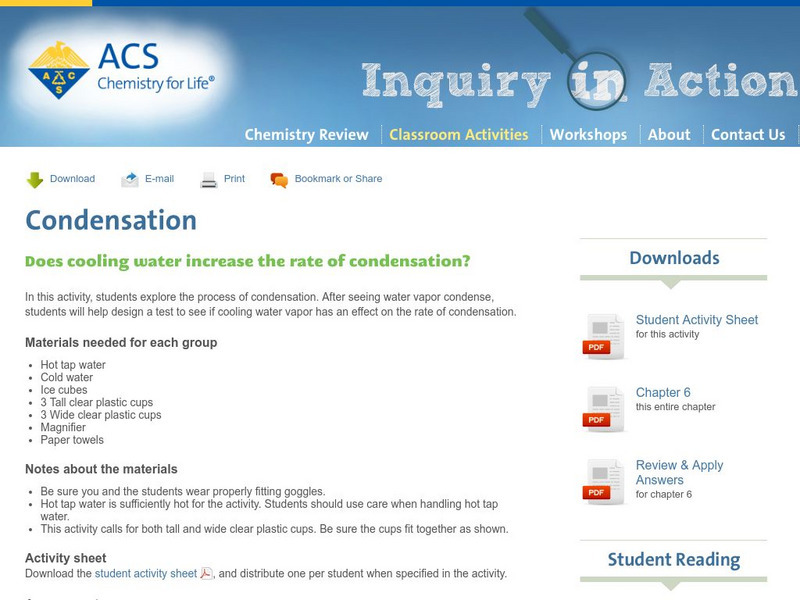



![Mc Graw Hill Education: Grade 4: Treasures: Practice Book O [Pdf] eBook Mc Graw Hill Education: Grade 4: Treasures: Practice Book O [Pdf] eBook](https://content.lessonplanet.com/knovation/original/18015-ba87a3d38a71e408afefb7323aace4cb.jpg?1661551632)
![Mc Graw Hill Education: Grade 4: Treasures: Spelling Practice Book [Pdf] eBook Mc Graw Hill Education: Grade 4: Treasures: Spelling Practice Book [Pdf] eBook](https://content.lessonplanet.com/knovation/original/18016-5add0369bbfcab3b3c98b81d7cb663c2.jpg?1661551633)

